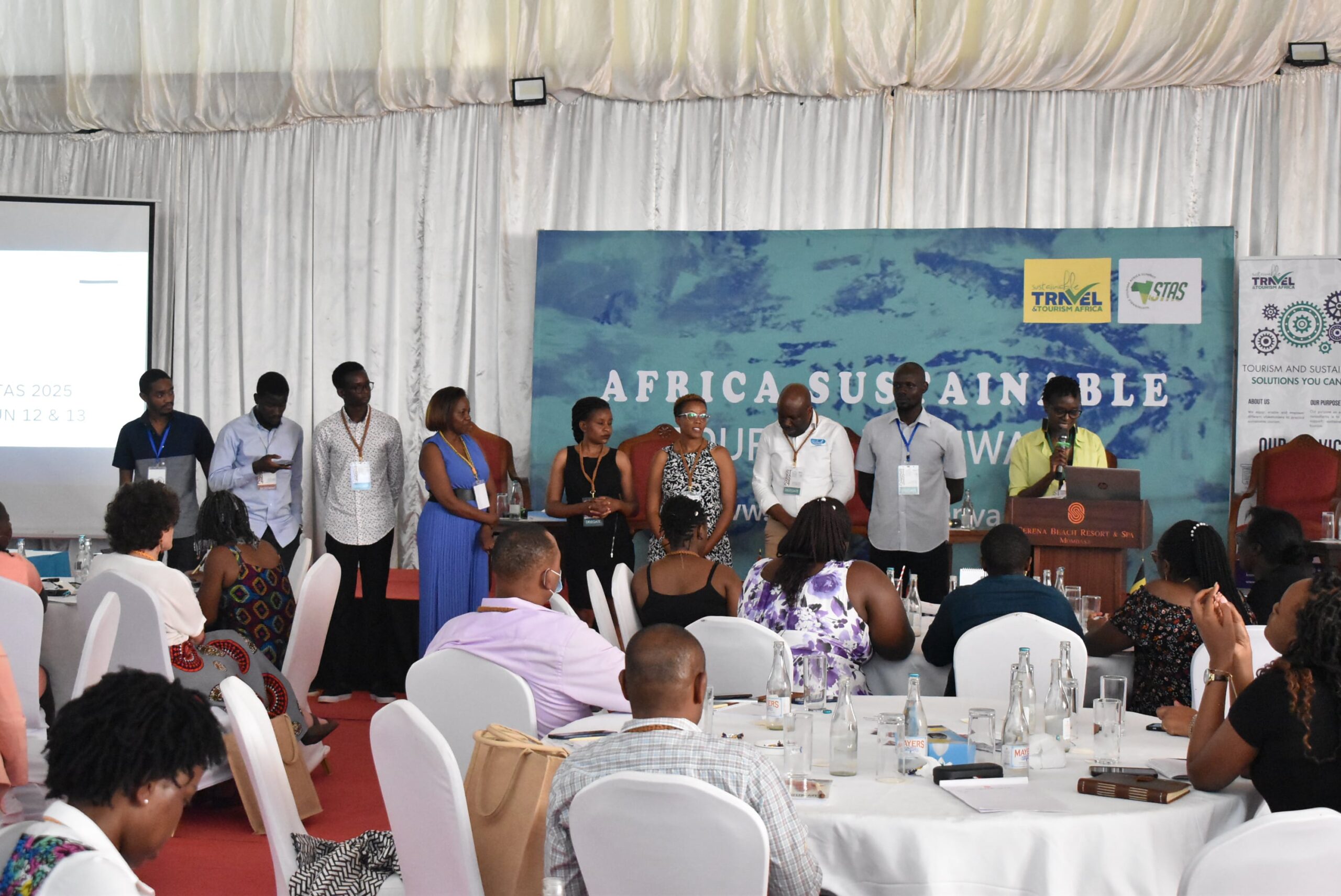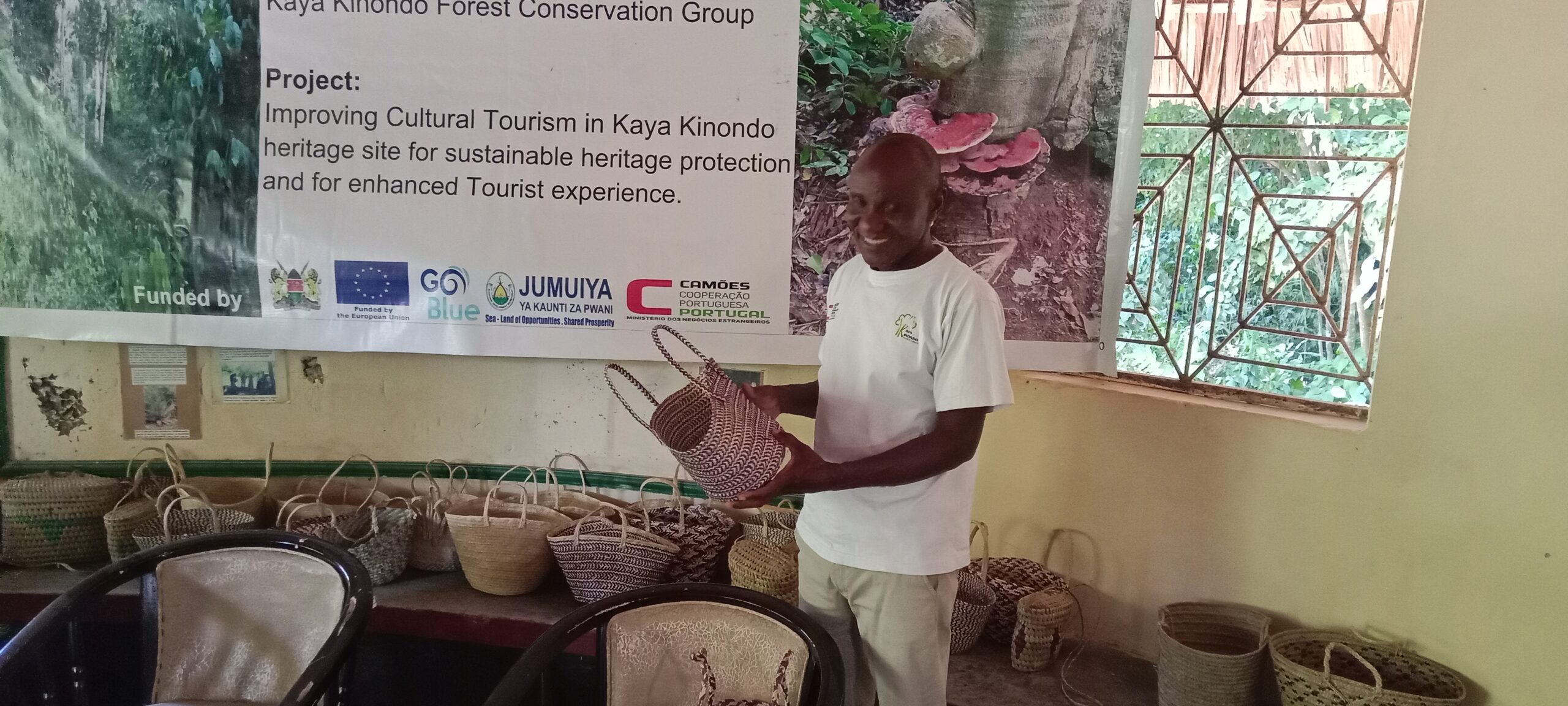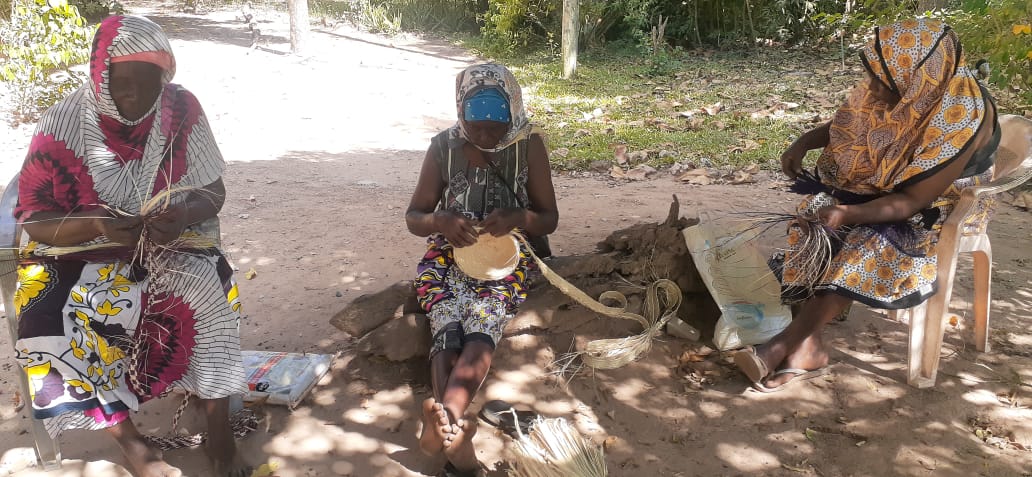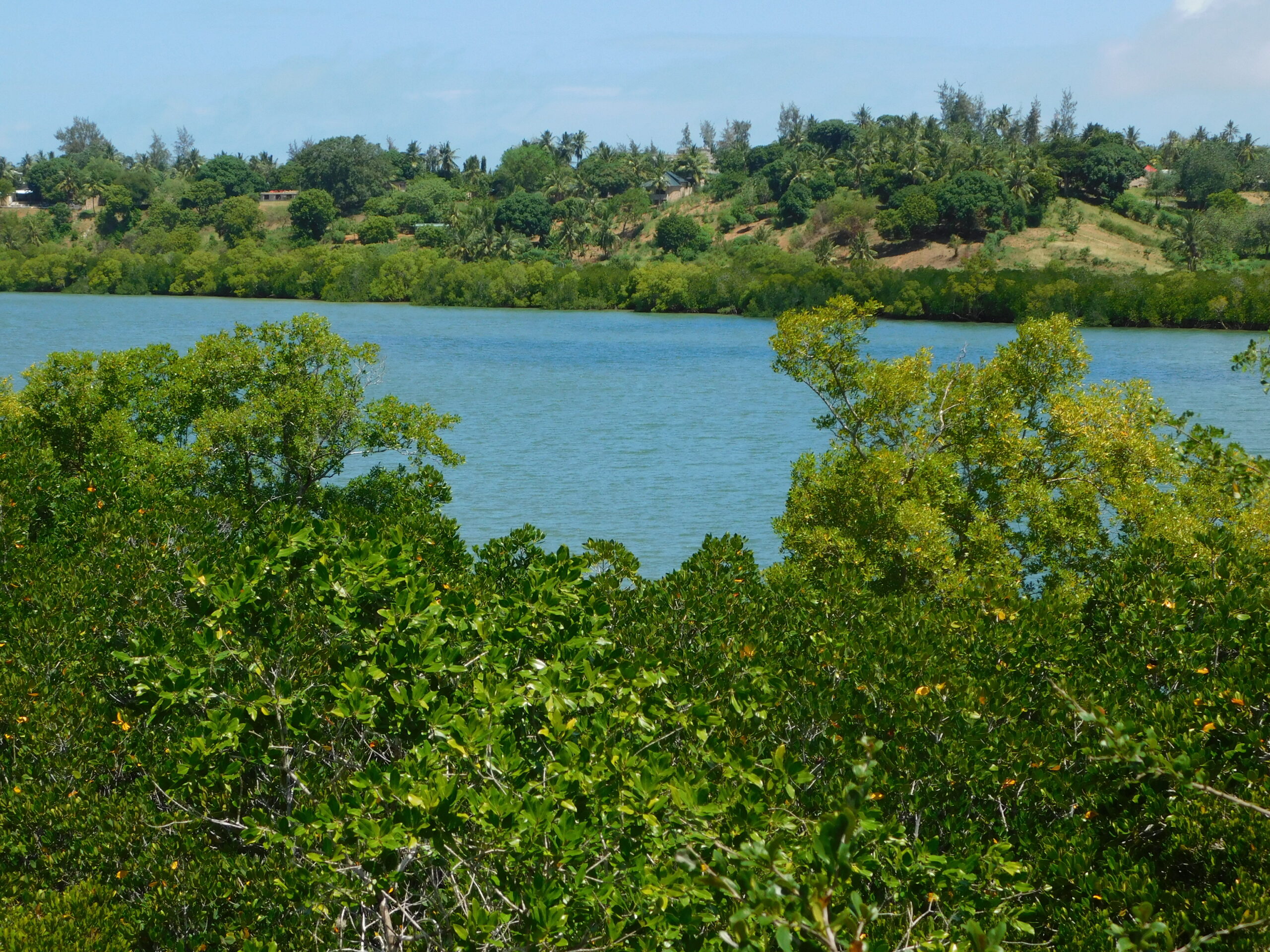Some delegates at the 2024 Sustainable Tourism Africa Summit. Photo Credit, STTA.
As the world awakens to the importance of sustainable tourism, Judy Kepher-Gona saw a significant gap in the industry: the lack of a dedicated platform to discuss and promote sustainable tourism comprehensively.
This realization led her to found the Sustainable Tourism Africa Summit (STAS), a unique forum focused exclusively on sustainable tourism.
“There were many forums and conferences on tourism, but often, sustainable tourism was just a small part of the agenda. I thought, why not have a forum where we can talk about nothing but sustainable tourism, where people will leave with new knowledge?”
Judy, a sustainable tourism expert with over 18 years of experience, is also the founder of the Sustainable Travel and Tourism Agenda (STTA). This Pan-African organization is at the forefront of shaping a sustainable future for Africa’s tourism.
Her vision has proven successful, with the 2024 summit marking the 9th edition of STAS. “I always love when people leave a forum with a statement, like ‘I went to the summit, and this is the statement I take away with me.’ This concentration of knowledge accelerates the adoption of sustainable practices,” Judy added.
For the first time, the 2024 summit held at Serena Hotel in Mombasa-Kenya, saw the active participation of investors in the discussions. The focus was on growing businesses and creating resilient destinations by refocusing and readopting tourism practices for sustainability.
“Sustainable tourism is evolving and getting better. We emphasized the need for using data to innovate tourism in Kenya. Technology also plays a big role, and we cannot downplay its significance in sustainable tourism,” Judy emphasized.

Judy Kepher-Gona, Founder of the Sustainable Travel and Tourism Agenda, delivers the opening remarks at the Sustainable Tourism Africa Summit. Photo Credit, STTA.
Dr. Portia Sifolo, a senior lecturer in the Department of Tourism Management at Tswane University of Technology in South Africa, was among the presenters. She highlighted the importance of bridging the gap between industry veterans and the youth through innovative skills development.
“The Gen-Z work well when doing things in practice, so it’s crucial to give them proper information and change our approach to include them effectively,” she said.
Judy also stressed the role of community integration in sustainable tourism.
“We need to go back to our indigenous knowledge systems to learn about coexistence. In Africa, we have sayings meant to protect the environment, manage consumption, and promote mutual respect between people and the environment, we can integrate these to achieve sustainable tourism” she noted.
The summit also saw the official launch of STTA’s climate action plan and a climate toolkit for Micro, Small, and Medium Enterprises (MSMEs).
Remarkably, 15 companies signed the Glasgow Declaration during the event. Judy said STTA will follow up with the organizations to ensure they develop their climate action plans, as part of the ongoing commitment to the issues discussed and agreed upon at the summit.
“We promote and encourage companies to make climate commitments. Today, we are excited that 15 companies have signed the Glasgow Declaration, a significant achievement from when we first started,” Judy said with a smile.

Representatives of the companies that signed the Glasgow Declaration at the Summit. Photo Credit, STTA.
Discussing the future of startups in sustainable tourism, Dr. Sifolo pointed out that legal issues are a major challenge for new businesses.
“Legal matters, whether at a local or regional level, are one of the key challenges. Startups need a lot of support to understand these issues from the beginning,” she concluded.
Lucie Kamiti, founder of Unique World Destinations International, a tour company specializing in unique and exotic travel experiences for both local and international travelers, attended the STAS for the first time this year.
She said the experience was incredible, particularly the interactions with numerous industry stakeholders who inspired her as a startup entrepreneur.
“My organization is two years old, and since we focus on sustainable tourism, I have been able to interact with many people who either practice sustainable tourism or mentor in that space. It has been quite breathtaking for me,” Lucie said.

Dr. Portia Sifolo, senior lecturer in the Department of Tourism Management at Tswane University of Technology in South Africa, presenting at the summit. Photo Credit, STTA.
Anthony Ochieng, Founder and Director of Pollant Tourism Group, has been attending the summit for the past two years. He shared that both personally and professionally, he has gained significant knowledge from the events. He said the knowledge has been instrumental in developing sustainability standards for his company.
“Currently, many travelers globally are becoming more sustainability-conscious. They are seeking destinations that are responsibly managed. Therefore, our tour guides and all our staff are trained to prioritize sustainability,” Anthony said.
“Sustainability is broad, but we focus on conserving the environment, working harmoniously with local communities, and of course, making a decent profit. Judy has been very instrumental in training us on sustainable tourism, helping us develop policies and action plans. As a company, we are going to implement some of the things we discussed in the summit particularly on climate action and on eco-writing”, he concluded.

Anthony Ochieng, Founder and Director of Pollant Tourism Group, at the summit. Photo Credit, STTA.
As the curtains closed on the 2024 summit, Judy has already begun planning for the 2025 event. She said that carbon emissions will be a major topic of discussion.
“I still think that carbon will be among the big discussions we will have,” Judy said. “We also want to talk more about standards, as we realized there is a gap in traditional quality assurance systems in the tourism industry, as well as in standards and certification”, she concluded.
Ninety-five delegates from Kenya, South Africa, Namibia, Zimbabwe, Uganda, and the UK attended the summit under the theme: “Sustainability for Resilient Tourism Futures – Growing Business, Thriving Destinations.”






